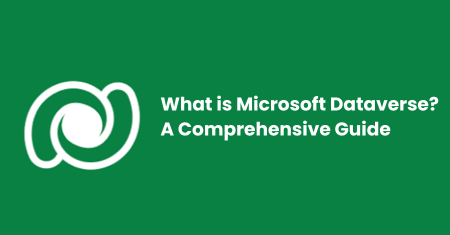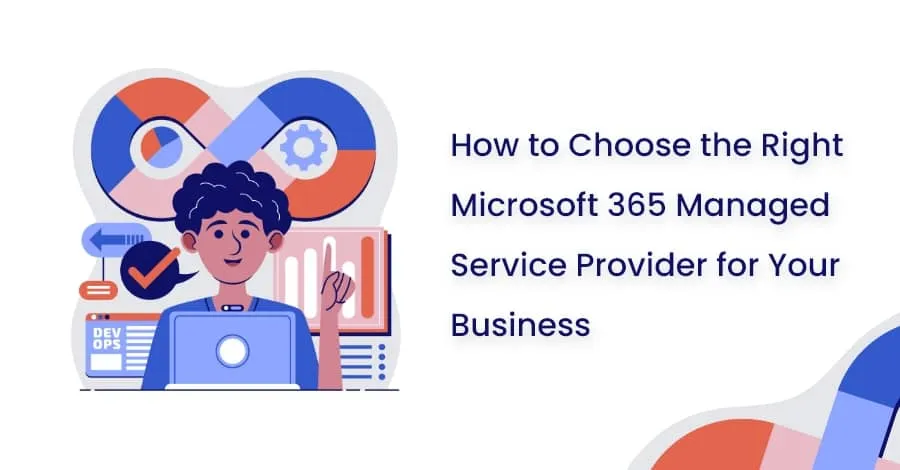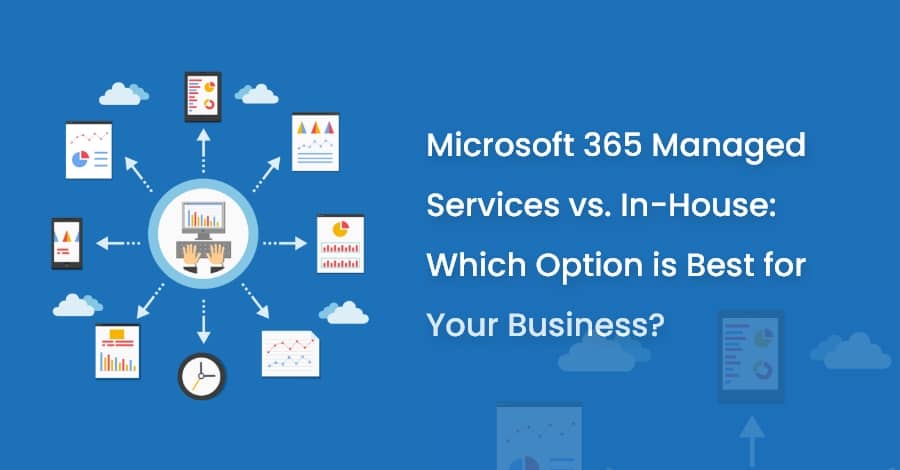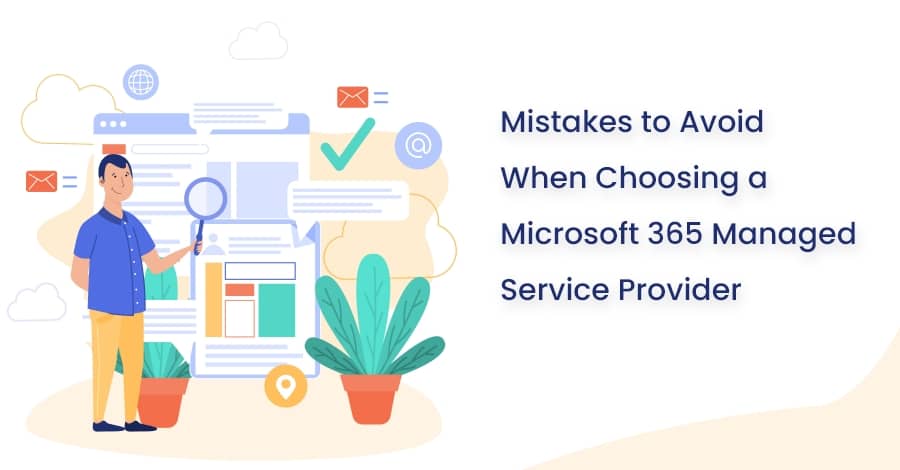
16 Oct What is Microsoft Dataverse? A Comprehensive Guide
19 February 2024

In the fast-evolving landscape of data management, Microsoft Dataverse stands as a pivotal solution, offering a comprehensive and unified approach for organizations navigating the complexities of modern business. This blog delves into the depths of Microsoft Dataverse, exploring its functionalities, versions, and the crucial role it plays in securing data. From its metadata-driven architecture to low-code development capabilities, we unravel the intricacies of this powerful platform. Join us on a journey through the core features, benefits, and comparisons, as we uncover the transformative potential that Microsoft Dataverse brings to the forefront of efficient data utilization and collaboration.
What is Microsoft Dataverse?
In the ever-evolving landscape of digital transformation, businesses are constantly seeking innovative solutions to manage and leverage their data effectively. Microsoft Dataverse emerges as a robust and integrated platform, offering a comprehensive solution to the challenges of data management. This extensive guide will delve deeper into Microsoft Dataverse, unraveling its intricacies, exploring its functionalities, and shedding light on its myriad benefits.
Looking Beneath: What is Microsoft Dataverse, exactly?
Establishing a modern and versatile data infrastructure capable of handling a multitude of functions while remaining adaptable to unforeseen changes is a complex task.
In the contemporary business landscape, organizations encounter data from diverse sources, arriving in various formats and from multiple angles. The challenge lies in deriving actionable insights promptly to stay competitive.
Achieving this goal is undoubtedly challenging. Procuring skilled developers to create an algorithm that breathes life into infrastructure is no small feat. Even with the talent on board, the associated costs can reach substantial figures.
Consider the expenses for deploying, configuring, and managing the finalized infrastructure, and the financial investment becomes significant. Additionally, the collective effort and hours invested by the team to transform the vision into reality should not be overlooked.
Despite these challenges, there exists a more streamlined solution: Microsoft Dataverse. Introduced to the world in November 2020, Dataverse, formerly known as Common Data Service (CDS), stands out as a solution designed to provide a simple, scalable, secure, compliant, end-to-end, and globally available data service.
It empowers organizations to seamlessly work with any data, regardless of its source or format, facilitating the extraction of real-time, actionable business intelligence.
What Versions of Microsoft Dataverse Are There?
Microsoft Dataverse caters to different user needs through its two primary versions: Dataverse for Teams and Dataverse.
Dataverse for Teams: Tailored for collaboration within Microsoft Teams, this version enables users to build and customize apps, forms, and workflows directly within the Teams environment. It seamlessly integrates data and productivity tools, promoting a cohesive workspace.
Dataverse: The full-fledged Dataverse is a standalone service, empowering organizations to create, manage, and extend their data models and applications across various Microsoft 365 services and beyond. This version offers a more comprehensive set of features for those seeking an extensive data management solution.
How Does Microsoft Dataverse Work?
The inner workings of Microsoft Dataverse are grounded in a metadata-driven architecture. Unlike traditional database structures, Dataverse stores its data model in metadata, enhancing flexibility and adaptability. This unique approach allows users to make changes to the data model without altering the underlying database structure, promoting agility in data management.
Dataverse supports low-code or no-code development, a key feature that makes it accessible to users with varying technical expertise. Power Apps, a component of the Power Platform, enables users to design custom applications that utilize Dataverse as a backend. This not only fosters the development of tailored solutions but also reduces the reliance on extensive coding.
What Kind of Data Does Dataverse Work With?
Microsoft Dataverse is exceptionally versatile, accommodating a wide variety of data types. From standard entities like contacts, accounts, and products to custom entities created by users, Dataverse can handle diverse datasets. This flexibility positions Dataverse as a solution suitable for businesses across different industries with varying data needs.
Furthermore, Dataverse supports relationships between entities, creating an interconnected web of data. This relational structure enhances the efficiency of data management and allows for more nuanced analysis and reporting, providing a holistic view of the information at hand.
How Much Data Can You Store in It?
The storage capacity of Microsoft Dataverse is determined by the licensing plan selected by the organization. Each plan comes with a predefined storage capacity, and additional capacity can be purchased if needed. This scalable model ensures that businesses can adapt their data storage capabilities according to their evolving requirements.
Dataverse optimizes storage space through a flexible storage model, utilizing compression techniques and eliminating redundancies. This not only maximizes the available storage but also contributes to better performance and responsiveness, ensuring that the platform can grow alongside the organization.
Is Microsoft Dataverse Secure?
Security is a critical aspect of any data platform, and Microsoft Dataverse addresses this concern comprehensively. Leveraging the robust security infrastructure of the Microsoft Cloud, Dataverse incorporates features such as Azure Active Directory for authentication and authorization.
Role-based access control ensures that only authorized individuals have the appropriate level of access to data within Dataverse. Additionally, the platform supports encryption at rest and in transit, safeguarding sensitive information from unauthorized access and meeting the stringent security requirements of businesses.
Compliance is another area where Dataverse excels, adhering to industry standards and regulations. Whether it’s GDPR, HIPAA, or other regulatory frameworks, Dataverse provides the tools and features necessary for organizations to maintain compliance with data protection laws.
Dataverse vs. Common Data Service: Out with the Old, In with the New
The evolution from Common Data Service (CDS) to Microsoft Dataverse represents a significant stride in Microsoft’s commitment to enhancing user experience and providing a more robust data platform.
With the introduction of Dataverse for Teams, collaboration within Microsoft Teams receives a tailored experience. This version allows users to build and customize apps seamlessly within the Teams environment, exemplifying Microsoft’s dedication to creating a unified and integrated ecosystem.
Benefits of Dataverse
Unified Data Management: Dataverse provides a centralized platform for data storage, ensuring consistency and coherence across applications. This simplifies data management and enhances collaboration by creating a shared understanding of data across the organization.
Low-Code Development: The platform’s support for low-code development empowers users with varying technical expertise to create custom applications, reducing the reliance on traditional coding.
Integration with Power Platform: Dataverse seamlessly integrates with other components of the Microsoft Power Platform, such as Power BI, PowerApps, and Power Automate. This integration allows for a holistic approach to data, analytics, and automation, creating a unified ecosystem that streamlines business processes.
Scalability: The scalability of Dataverse, both in terms of storage capacity and usage, allows organizations to adapt and grow without constraints. This flexibility is crucial for businesses with evolving needs, ensuring that the platform remains a valuable asset throughout the growth journey.
Features of Dataverse
Metadata-Driven Architecture: Dataverse’s metadata-driven architecture enhances flexibility and adaptability by storing data models in metadata rather than the database. This approach allows for easy modifications and updates to the data model, promoting agility in response to changing business requirements.
Relationships and Connectivity: The platform supports relationships between entities, enabling interconnected data models. This feature ensures a comprehensive understanding of data, fostering a holistic approach to information that facilitates better decision-making.
Security Measures: Dataverse prioritizes security, leveraging Azure Active Directory for authentication and authorization. Role-based access control and encryption ensure that data is protected from unauthorized access, safeguarding sensitive information, and maintaining the trust of users and stakeholders.
Compliance and Regulations: Dataverse adheres to industry standards and regulatory frameworks, supporting organizations in maintaining compliance with data protection laws. This commitment to compliance instills confidence in businesses, assuring them that their data is handled in accordance with the highest standards of security and privacy.
Dataverse for Teams: The introduction of Dataverse for Teams brings a tailored experience within Microsoft Teams. This integration allows users to build and customize apps directly within the Teams environment, promoting collaboration and productivity within the context of teamwork.
Conclusion:
Microsoft Dataverse is not just a data platform; it is a powerful tool that empowers organizations to streamline their data management, enhance collaboration, and drive innovation. With its rich features, robust security measures, and seamless integration with the broader Microsoft ecosystem, Dataverse is an asset for businesses looking to harness the full potential of their data. Whether you are a seasoned developer or a business user, Microsoft Dataverse provides the tools you need to transform data into actionable insights.
To discover how Microsoft Dataverse can revolutionize your data strategy and propel your organization forward, we invite you to call us today. Our experts are ready to guide you through the possibilities and help you leverage the full capabilities of Dataverse for your unique business needs. Don’t miss out on the opportunity to unlock the true power of your data – reach out to us now and embark on a journey of digital transformation.
Our Related Posts
How to Choose the Right Microsoft 365 Managed Service Provider for Your Business
Microsoft 365 has become an indispensable tool for businesses worldwide. It offers a range of features….
Microsoft 365 Managed Services vs. In-House: Which Option is Best for Your Business?
Microsoft 365 is a powerful suite of tools that can help businesses increase productivity, collaboration, and….
Mistakes to Avoid When Choosing a Microsoft 365 Managed Service Provider
Microsoft 365 is a powerful platform that enables businesses to streamline their operations, enhance….





Sorry, the comment form is closed at this time.